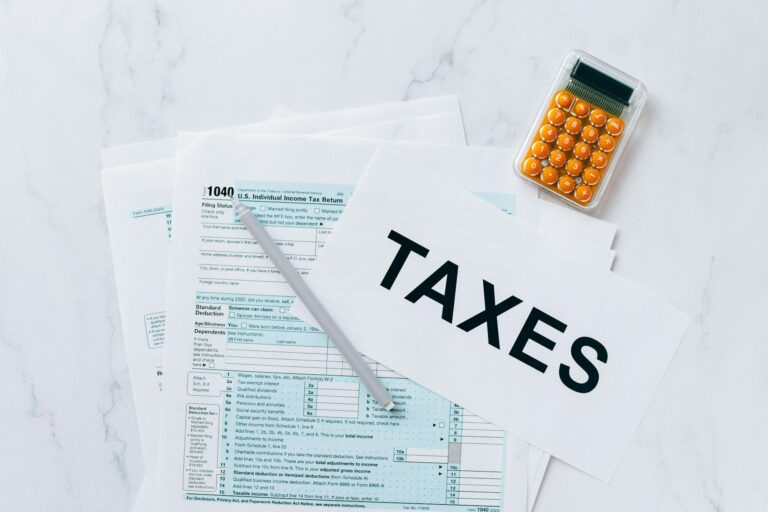Dementia is a growing health concern worldwide, with an estimated 50 million people currently living with this condition. This number is expected to triple by 2050, making it one of the leading causes of disability and dependence among older adults. While there is no cure for dementia, there are ways to potentially reduce the risk of developing it. One ingredient that has been gaining attention in this regard is freekeh, a type of whole grain that has been consumed for centuries in the Middle East. Let’s take a closer look at what freekeh is and whether it can help prevent dementia.
What is Freekeh?
Freekeh, also known as farik or frikeh, is a roasted green wheat that is commonly used in Middle Eastern and North African cuisine. It is made from young green wheat grains that are harvested before they are fully ripe and then roasted and cracked. This process gives freekeh its distinct smoky flavor and chewy texture. It has been a staple food in countries like Egypt, Lebanon, and Syria for generations, but has recently gained popularity in Western countries due to its nutritional benefits.
Nutritional Value of Freekeh
Freekeh is a nutrient-rich grain that packs a powerful punch of vitamins, minerals, and antioxidants. It is high in fiber, protein, iron, calcium, and potassium. It also contains important B vitamins such as thiamine, riboflavin, and niacin. These nutrients are essential for maintaining good overall health and can help lower the risk of various chronic diseases.
Freekeh and Dementia Prevention
There have been several studies conducted on the potential benefits of freekeh consumption for brain health and dementia prevention. One study published in the Journal of Nutrition found that the intake of whole grains, including freekeh, was associated with a reduced risk of cognitive decline in older adults. Another study from the Journal of Alzheimer’s Disease showed that whole grain intake was linked to a lower risk of developing Alzheimer’s disease.
The high fiber content in freekeh is thought to play a significant role in its potential to prevent dementia. Fiber helps regulate blood sugar levels and promotes the growth of beneficial gut bacteria, which can have a positive impact on brain health. Furthermore, freekeh is also a low glycemic index food, meaning it does not cause a rapid spike in blood sugar levels. A diet high in low glycemic foods has been linked to a lower risk of cognitive decline and dementia.
Other Benefits of Freekeh
Aside from its potential to prevent dementia, freekeh offers numerous other health benefits. As a whole grain, it is an excellent source of complex carbohydrates, making it a great option for maintaining energy levels throughout the day. It also contains a beneficial type of fiber called resistant starch, which feeds good bacteria in the gut and helps with digestion. Additionally, freekeh is naturally low in fat and calories, making it a suitable food for weight management.
Incorporating Freekeh into Your Diet
If you’re interested in trying out freekeh, it’s easy to incorporate into your diet. It can be used as a substitute for rice or quinoa in various dishes, such as salads, soups, and stews. It can also be cooked on its own and served as a side dish. Freekeh is available in most health food stores and can also be purchased online.
Conclusion
While more research is needed to fully understand the link between freekeh and dementia prevention, the evidence so far is promising. Freekeh is a nutrient-dense whole grain that offers various health benefits, including potentially reducing the risk of cognitive decline and dementia. Incorporating this ancient grain into your diet may be a simple and tasty way to support brain health and overall well-being. However, it’s always essential to maintain a balanced and varied diet, including other brain-boosting foods such as fruits, vegetables, and healthy fats. Consult with a healthcare professional for personalized advice on maintaining a healthy diet and reducing the risk of dementia.





